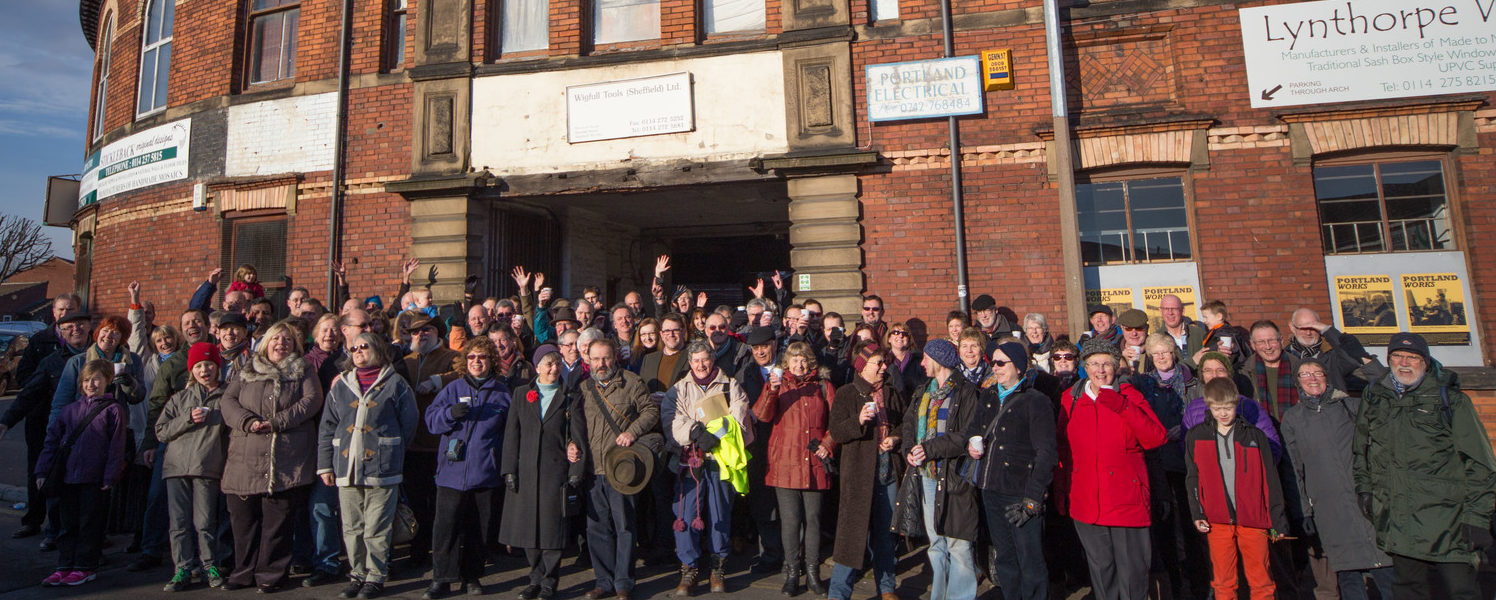 Insight
Insight


Say “crowdfunding” and you might think of donating to a start-up or funding a creative project. But when crowdfunding meets community investment, a whole range of larger-scale projects can be financed – including, but not limited to, saving local shops and pubs from closure, creating new community centres and art spaces, and expanding leisure facilities and developing infrastructure projects such as rural broadband networks.
At Nesta we have been exploring the potential for investment crowdfunding to empower communities to transform their local areas. Our latest report looks at how investment crowdfunding models can be used to fund projects which are owned and run by the communities they serve, enabling community-led regeneration and boosting local resilience.
The rise of online crowdfunding platforms has provided a significant boost to the number of projects raising investment from their communities. Using a platform can vastly simplify the process by providing a dedicated online space where fundraisers can explain what their project is about, the timescales involved, how much money is needed and what funders get in return. The platforms also offer support to set up and run the offer (such as by managing payments) and can help projects to reach a wider audience.
There are a range of potential opportunities in using investment crowdfunding for community-led initiative, which include helping to fund projects that would otherwise struggle to access finance elsewhere and increasing the use of and volunteering for community initiatives. Additionally, the process that a community goes through in running such a project can strengthen local resilience and self-determination by bringing people together to improve their area. While many projects are geographically-based, the growth of platform co-operatives is also enabling communities of interest to work together to tackle specific social challenges.
Portland Works in Sheffield raised over £300,000 from 500 investors to save a closed down metal factory from residential conversion and renovate it to host a centre for small manufacturing, independent artists and craftspeople, which is now home to more than 30 small businesses. Credit: Portland Works
However, alongside these positive impacts sit several key challenges for community groups raising money in this way. Barriers to overcome include gaining access to assets to buy or use on a temporary basis, transitioning from grassroots fundraising to implementing a project and avoiding negative impacts on diversity and inclusion throughout the process.
Local government, city authorities and institutional funders have a crucial role to play in supporting community organisations to make the most of the opportunities available and in overcoming the challenges mentioned above. They can do this by way of a variety of interventions, such as offering flexible funding options (including grants, bridging loans and co-investment), helping them access space by easing the asset-transfer process and supporting meanwhile use, developing active communities and their relationship with local and city government, and investing in skills and capacity building.
You can read more about this work in our new report, Taking ownership: Community empowerment through crowdfunded investment. This research was conducted with funding from funded by the Greater London Authority through the London Economic Action Partnership (LEAP).
Originally posted here